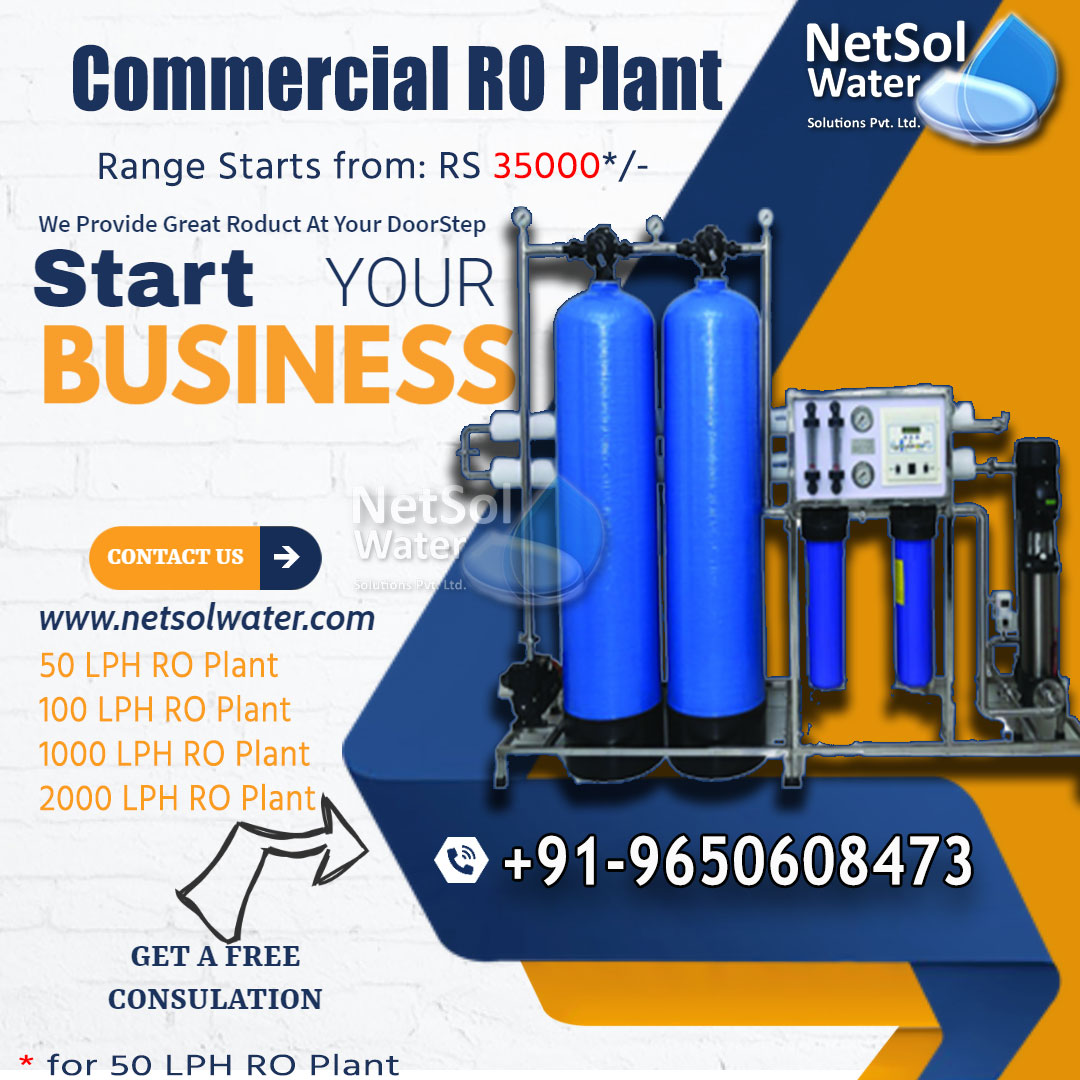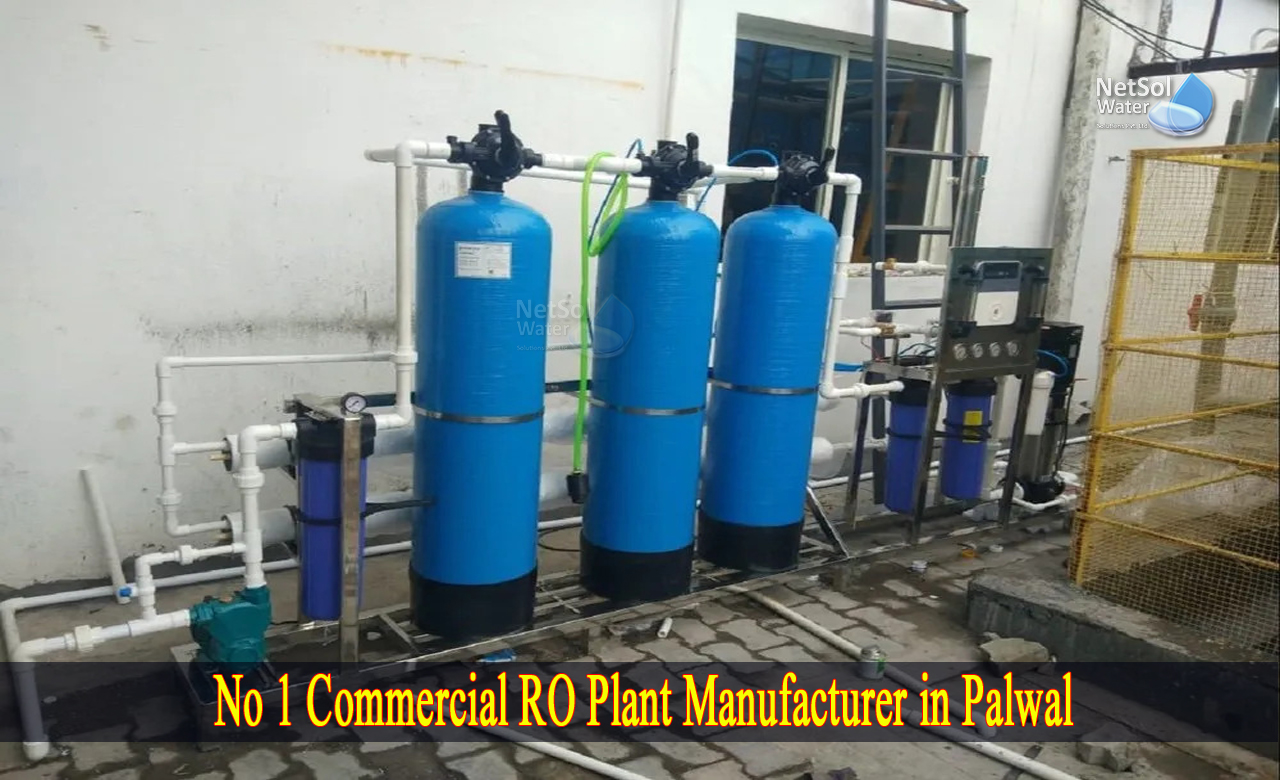Who is the No 1 Commercial RO Plant Manufacturer in Palwal?
According to the Haryana health department, non-healthy living conditions and contamination from dirty drinking water are the most likely causes of death of children in Palwal's Chilla village. This is not the first time that the inhabitants of Palwal have suffered as a result of tainted water. Every person in Palwal's commercial sector is seeking pure water and arguing that they desire a clean environment. In these regards, we are offering our treatment plants, not only for the people of Palwal but in entire India as well as in international sector.
Diseases brought on by polluted water
Waterborne sickness is caused by polluted recreational or drinking water with disease-causing bacteria or pathogens. Many waterborne infections can also be acquired by the consumption of contaminated food or drinks, contact with animals or their habitat, or person-to-person transmission.While diarrhoea and vomiting are the most typically reported symptoms of waterborne sickness, skin, ear, respiratory and eye disorders can also occur.
Commercial RO Plants- A solution to all water concerns in the workplace
Water treatment systems are widely used in a variety of commercial enterprises. Our commercial RO plants, in addition to the pharmaceutical and electronics sectors, use a cross-flow filtration method. Our RO plants aid in the regulation of total dissolved solids in water as well as the elimination of numerous other biological pollutants that are dangerous and can lead to an epidemic.
Netsol Water is a well-known firm that provides and builds the best commercial RO Plants for all commercial applications.We can tailor the plants to the demands of the client. We have RO plants with varying LPH capacities.
Why are these plants significant?
Reverse osmosis (RO) is a water purification filtering process that uses a tightly coiled, semi-permeable membrane to remove dissolved contaminants. The fluid flows from a zone of high solute concentration to a zone of low solute concentration, overcoming natural osmotic pressure and diverting dissolved contaminants, resulting in fine filtration of water or any solution. The membrane is made up of many layers of wound material. Water moves from the outer layers of the membrane to its internal layers.
While the clean water flows through the layers into the central permeate rube, the contaminated water is forced through the layers and leaves the membrane on the opposite side of the incoming water. All micro-contaminants are separated and eliminated as the fluid spirals through the membrane's multiple tightly wrapped layers and into the inner permeate tube and the purified water is collected for use.
Advantages of our Commercial RO Plants
1: These systems are designed to remove hazardous dissolved solids and chemicals from water that cannot be destroyed by other methods of filtration.
2: After going through numerous filtering steps, they destroy hazardous microorganisms.
3: It also removes hazardous heavy metals such as arsenic, lead and cadmium.
4: The World Health Organization (WHO), an international health organization, has examined the negative effects of heavy metals on the human body. Arsenic consumption can cause skin cancer and other malignancies, some of which are deadly. It can also induce skin lesions-related disorders such as pigmentation changes and hyperkeratosis. Cadmium ingestion can cause renal damage, while lead consumption is neurotoxic. The reverse osmosis technique may remove all of the heavy metals.
5: Cryptosporidium, which is hazardous, is removed by reverse osmosis.
6: Commercial RO Plants are simple and easy to maintain, making them practical.
7: When our environment suffers as a result of our carelessness, it is our responsibility to make eco-friendly choices, and using a Commercial RO Plant is a step in the right direction because it has virtually no chance of producing harmful chemicals because the process does not involve any chemical or disposes of any chemical in its effluent stream.
As a result, it is apparent that Commercial RO Plants is dependable, simple to administer, and inexpensive to all economic strata in society. It also prevents illnesses that are so prevalent that we have a significant risk of contracting them if we do not consume filtered drinking water, ensuring health advantages. This product assures that you will satisfy your quality requirements and provide the highest-quality, sanitary drinking water.
Commercial RO Plant Influencing Factors
The capacity of a reverse osmosis system is governed by several factors, including:
· The water's temperature
· The concentration of dissolved particles in the input water
· The supply water is at constant pressure.
Characteristics of the Membrane
The membrane should be affordable, long-lasting, and stable. It must be simple to make and have good salt rejection, i.e. be marginally permeable to salt. They should have a high water flow, which means they should be extremely permeable to water and less prone to fouling. They should allow high volumes of water to pass across the membrane in relation to the volume they occupy. In saline water, the membrane should be chemically, physically, and thermally stable. They must be robust enough to endure high pressures and varying feed water quality.
Membrane types utilized in our Commercial RO Plants
The amount of filtration and the procedure govern the use of one type of membrane over another. The following are the most frequent membrane types:
- Spiral membranes;
- Tube membranes;
- Membranes made of hollow fibres;
Membranes for plates and frames.




